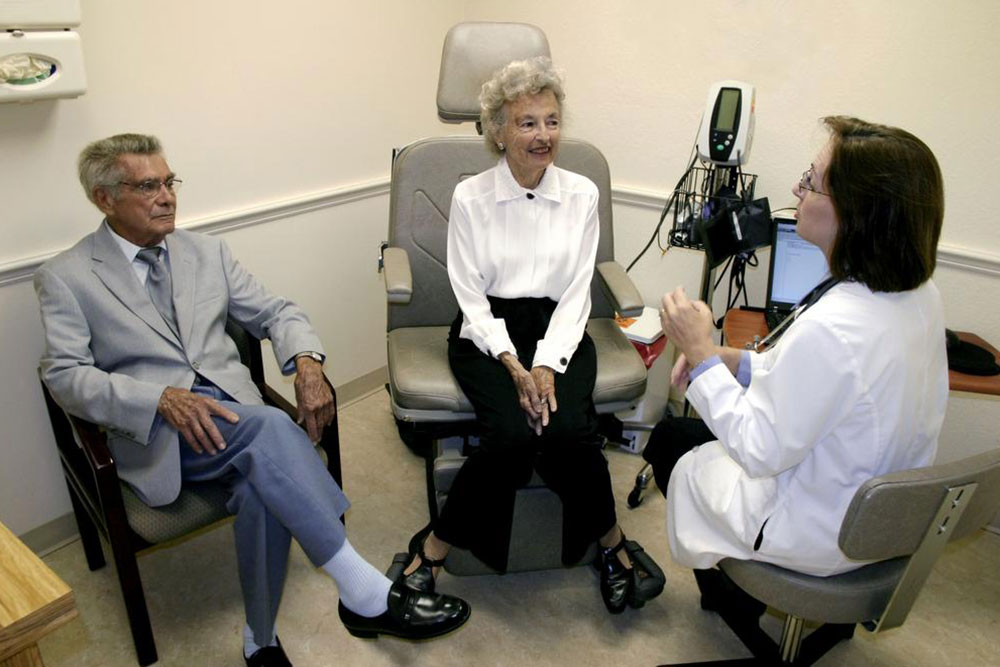Understanding the Stages and Symptoms of Alzheimer’s Disease
Explore the seven stages of Alzheimer’s disease, from early forgetfulness to severe cognitive decline. Learn about symptoms at each phase and the importance of compassionate care. This comprehensive overview helps families understand disease progression and the need for tailored support strategies for individuals affected by Alzheimer’s.

Understanding the Stages and Symptoms of Alzheimer’s Disease
Alzheimer’s disease progresses through various phases, with individuals experiencing distinct changes from early to late stages. The classification of these stages varies; some experts use a broad three-phase model, while others prefer a detailed seven-stage framework to capture the disease's progression comprehensively.
Alzheimer’s Disease - Key Information for Treatment Planning
According to a model from New York University, there are seven identifiable stages of Alzheimer’s, widely adopted by healthcare providers and organizations like the Alzheimer’s Association.
This model helps in understanding disease progression and planning appropriate care strategies. The stages are as follows:
Stage 1
Normal Behavior
In the initial phase, there are no obvious signs. Advanced imaging like PET scans can detect early brain changes before symptoms are noticeable. As disease advances, reasoning and thinking skills decline.
Stage 2
Early Signs of Decline
Mild memory lapses may appear, such as forgetting where objects are placed, but these are often indistinguishable from normal age-related memory loss. Performance on memory tests might still be normal.
Stage 3
Mild Cognitive Impairment
Subtle signs become evident, including trouble recalling names and difficulties with planning or organizing. Patients might misplace belongings and struggle with word retrieval.
Stage 4
Moderate Decline
Symptoms become clearer: forgetting personal details, difficulty with complex tasks, and short-term memory lapses, such as forgetting recent meals.
Stage 5
Moderately Severe Decline
Assistance becomes necessary for daily activities. Major disorientation, difficulty recalling personal information, and trouble dressing are common. Patients may still recognize close family members.
Stage 6
Severe Decline
Significant personality and behavioral changes occur. Recognition of surroundings diminishes, wandering may happen, and support with bathing and toileting is required. Loss of bladder and bowel control are noted.
Stage 7
Very Severe Decline
The terminal stage involves severe cognitive decline, loss of language, and motor functions, often leading to death. Swallowing and basic responsiveness are affected in this final phase.
While medications may help manage some symptoms, emotional support and compassionate care are vital. Loving attention provides comfort and can positively influence treatment outcomes in Alzheimer’s patients.









